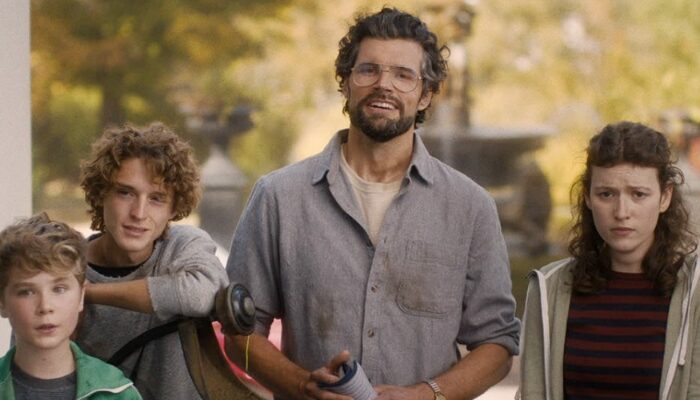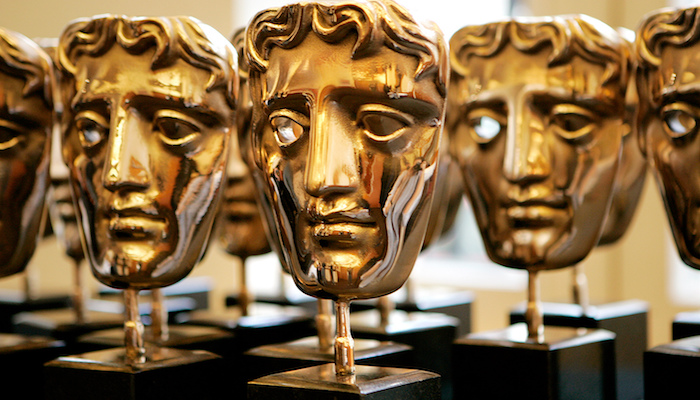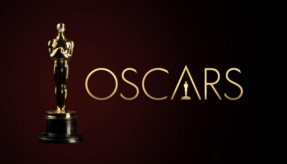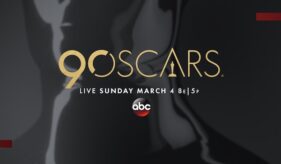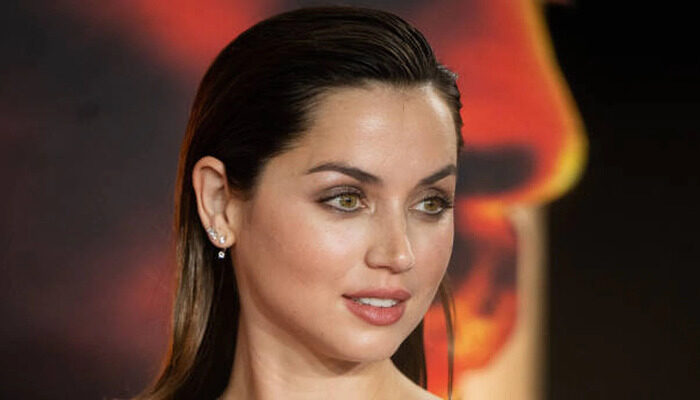BAFTAs 2020: British Academy Film Awards Faces Criticism on Lack of Diversity
Table of Contents
The 2020 BAFTAs Nominate all-white Actors and all-male Directors
Awards season representation has been somewhat bleak, and the British Academy of Film and Television Arts isn’t alleviating the situation. The nominees for the BAFTAs were released on Tuesday, and the list leans heavily white male.
For the second time since 2015, there have been no actors of color nominated in any of the categories. 2016 and 2018 also saw sparse racial representation in the acting categories, with only one non-white person nominated amongst the 20 slots. (Idris Elba was nominated in 2016 for Beasts of No Nation, and Daniel Kaluuya was nominated in 2018 for Get Out.)
Critics have been quick to point out the disparity this year, especially since some of the white actors were nominated twice. (Scarlett Johannson is nominated for both Jojo Rabbit and Marriage Story), and Margot Robbie is nominated for both Bombshell and Once Upon a Time in…Hollywood.)
The list of director nominations is similarly one-note. While there is slightly more racial representation with Bong Joon-ho in the mix for South Korea’s Parasite, this is another year in which women were outright snubbed. This comes on the heels of a prolific year for female directors, particularly those with feature-length debuts such as Alma Ha’rel (Honey Boy), Melina Matsoukas (Queen & Slim), and Lulu Wang (The Farewell). (Waad Al-Khateab is the only woman nominated for a high-profile award, “Outstanding Debut”, as producer and co-director for the documentary For Sama.)
Women directors have only been nominated six times in the past, the last time being 2013 when Kathryn Bigelow was nominated for Zero Dark Thirty. The last (and only) time a woman won the award was 2010, when Bigelow was also nominated for The Hurt Locker.
Critical Response
Critics have taken to social media to discuss this disparity. The #BAFTAsSoWhite hashtag, the across-the-pond equivalent of #OscarsSoWhite from a few years back, has been reinvigorated, with Twitter users quick to respond.
“It would seem the scrutiny and benchmark of excellence black films are put through when it comes to being recognized by mainstream awards is loftier than ‘white films’,” Akua Gyamfi, founder of the British Blacklist, told The Hollywood Reporter. “I’m against tokenism, I don’t want black projects to be nominated for the sake of it, but I’m conscious of how members vote.”
Others were more scathing with their critiques, such as The Daily Beast’s Cassie Da Costa:
[T]he BAFTAs’ continued exclusion of black actors—whether British, American, or Lupita—from its major acting awards nominations as well as women from its directing…is unsurprising for the film industry that feeds into it. That is to say, the British film industry is one defined by racism, misogyny, classism, and selective xenophobia, and individual years and instances of seeming progress do not cancel out an overall history of exclusion and ignorance. The BAFTAs are not where film-lovers, programmers, critics, or activists should look for recognition and justice.
Systemic Change Suggestions
In response to #OscarsSoWhite social media campaign, The Academy of Motion Pictures Arts and Sciences brought in an influx of new members back in 2016. The newer members skewed younger, less-white, and less-male than they had in the past. Academy spokespeople say they’re committed to increasing those levels of diversity over the coming years.
Many are suggesting BAFTA follow in AMPAS’s footsteps.
Andrew Chowns, CEO of Directors UK, acknowledges that the BAFTAs voting body is similarly “skewed” towards older white men, and that leaving the nomination procedure up to chance will result in the same biases.
“[The voting body makes] its own choices about which films it’s going to watch and which films it’s going to vote for…[so] it’s not surprising that the list ends up looking like it does,” he laments. Chowns suggests making the initial nomination process more jury-dependent in an effort to give women and POC filmmakers a better chance of exposure.
Speaking Out
This lack of diversity is, unfortunately, nothing new. Rampant inequality still exists within the entertainment industry, and gatekeeping organizations that are still largely controlled by rich, older, straight white men doesn’t help the situation.
But the public is becoming aware of it and they are speaking out, as are the filmmakers too.
Good morning to everyone that’s writing me about the #goldenglobes
I feel you but know this.
I was on the inside for the first time this year. These are not our people and they do not represent us.
Do not look for justice in the awards system.AdvertisementWe are building a new world. https://t.co/IK7YNy5J5S
— Alma Har’el? (@Almaharel) December 9, 2019
Keep fighting for more women & POC behind the camera by supporting their films.
Don’t make your end game the political money that trades hands in the form of movie campaigns for people who can’t see us and recognize us.
— Alma Har’el? (@Almaharel) December 9, 2019
Time will tell if BAFTA, AMPAS, the Golden Globes, and Hollywood at-large will heed their critics and commit to any longstanding change. Until then there we must continuously apply pressure towards them, and remain committed to supporting marginalized filmmakers on our own.
Leave your thoughts on this BAFTA news (via THR) and the awards season in general below in the comments section. Readers seeking to support this type of content can visit our Patreon Page and become one of FilmBook’s patrons. Readers seeking more awards news can visit our Film Awards Page. The 73rd BAFTAs will be held on February 2, 2020, at the Royal Albert Hall in London, United Kingdom. Want up-to-the-minute notifications? FilmBook staff members publish articles by Email, Twitter, Facebook, Instagram, Tumblr, Pinterest, and Flipboard.
Related Articles
FilmBook's Newsletter
Subscribe to FilmBook’s Daily Newsletter for the latest news!

